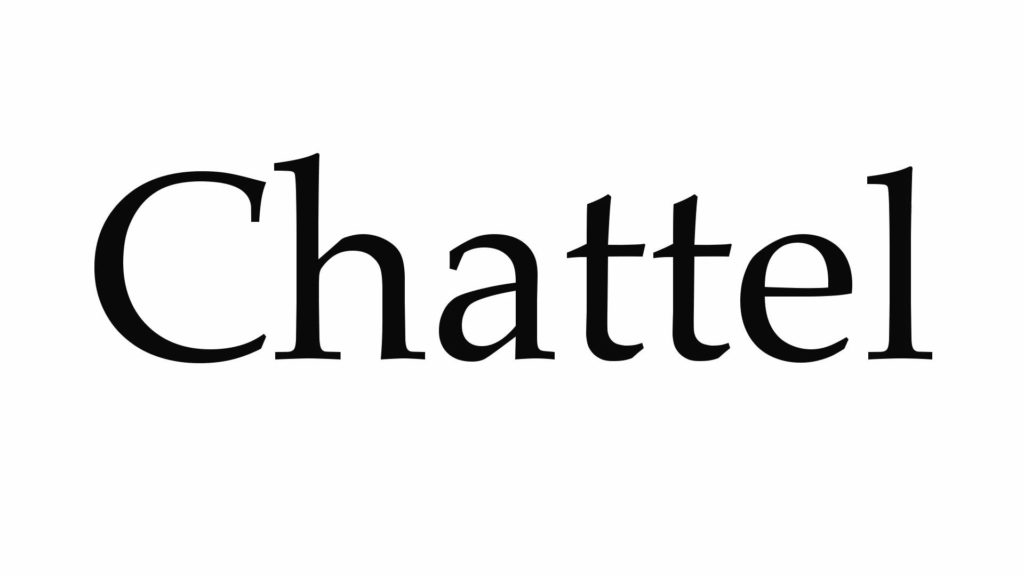
One of the clauses that often gives rise to issues in the Agreement of Purchase and Sale, is the Chattels clause.
Set out below is the standard form OREA chattels clause:
4. CHATTELS INCLUDED:………………………………………………………………………………………………………………………………………………………………………………………………………………………………………………………………………………………………………………………………………………………………………………………………………………………………………………………………………………………………………………………………………………………………………………………………………………………………………………………………………………………………………………… Unless otherwise stated in this Agreement or any Schedule hereto, Seller agrees to convey all fixtures and chattels included in the Purchase Price free from all liens, encumbrances or claims affecting the said fixtures and chattels.
The List
You will notice the open lines. This is to insert a list, or alternatively you could attach you own list: “See Schedule C”.
Ordinarily, chattels do not come with the property. They are the personal possessions of the Seller. They will be removed from the premises before closing. If you want them, then you will have to specify them. List them. Be accurate to avoid any possible confusion. Specify make and model number to avoid any problems with identification.
The default position is that they are “excluded”.
Reference to Fixtures
It seems odd that in a paragraph dealing with chattels that there would be any reference whatsoever to fixtures. This doesn’t make any sense. Fixtures are part of the property and the default position is that they are “included”.
There is another paragraph, as there should be, dealing with fixtures that will be removed by the Seller. However, this reference here, is still odd.
Liens Free, Encumbrance Free, Claim Free
Since chattels are personal items, they are not part of the real estate and they are not subject to the mortgage. There might be another mortgage, lien or encumbrance which might apply. So that being the case, such a lien, or encumbrance (and this would include a chattel mortgage) would have to be removed.
There is one further matter and that is the reference to “claims”. This opens up somewhat of a “can of worms” here. Naturally, as you will appreciate, it is entirely possible that a third party could assert that they have a claim to the property. This could be a prior tenant. This could be the original owner. This could be a departed spouse. These claims relate to title or ownership.
There may also be claims relating to “recalls”, that is, for example, a request for the return of an appliance. A manufacturer could issue a request for a recall. The item might be now risky and carry with it an “explosion hazard”. Are these potential recalls to apply continuously, even after closing? What if the Seller is unaware of the recall notice?
This might be an issue that the Seller would wish to address in the Agreement. Sometimes, the chattels may have little to modest value, yet when the matter is contentious, we are frequently dealing with significantly higher replacement costs.
It would be wise to place a cap on the price. Again, this should be addressed in the Agreement. In some cases, it may be advantageous to simply provide them by way of a “quit claim”. In this way, there is no warranty concerning the chattels. They are simply “left behind”, they are what they are, including flawed title.
Brian Madigan LL.B., Broker
